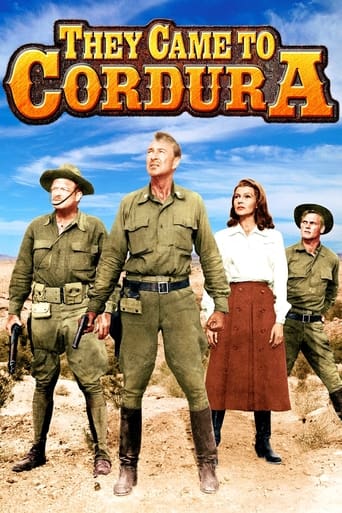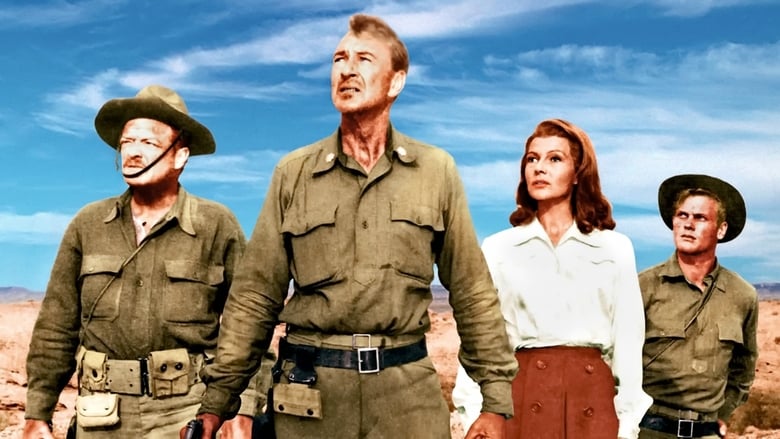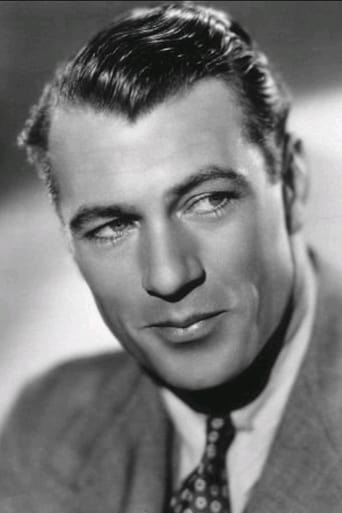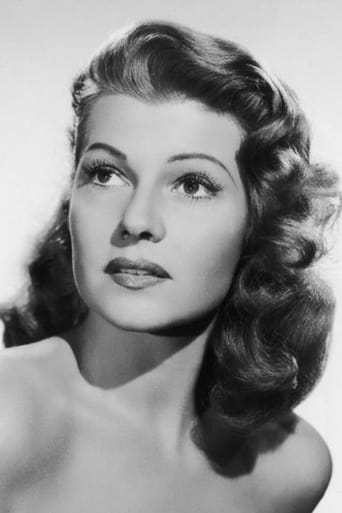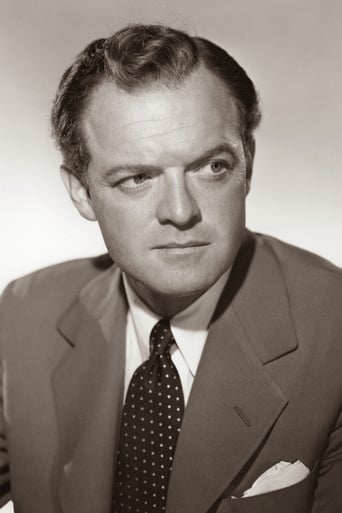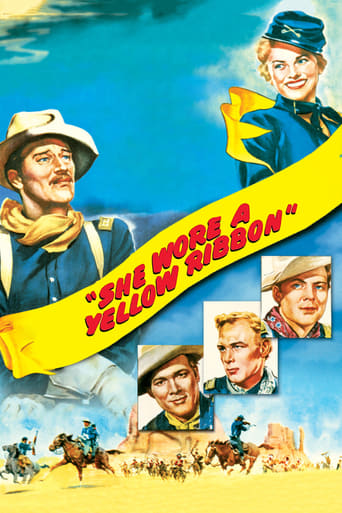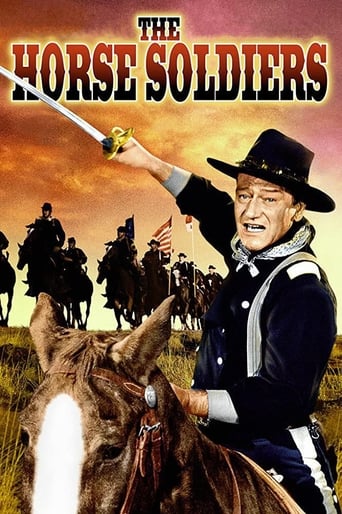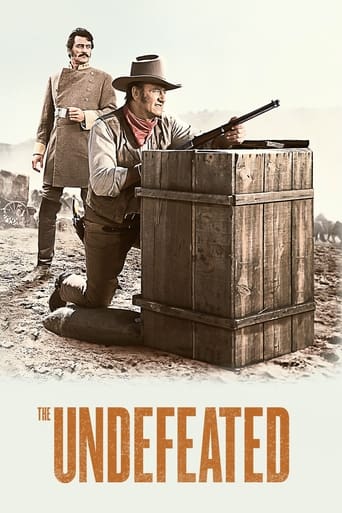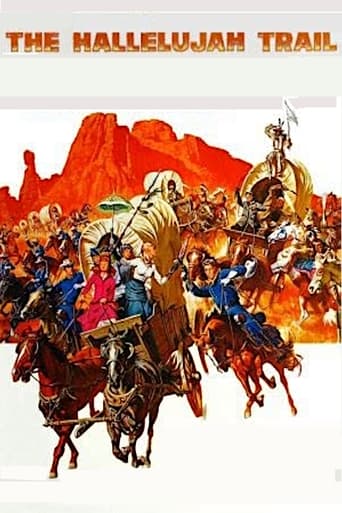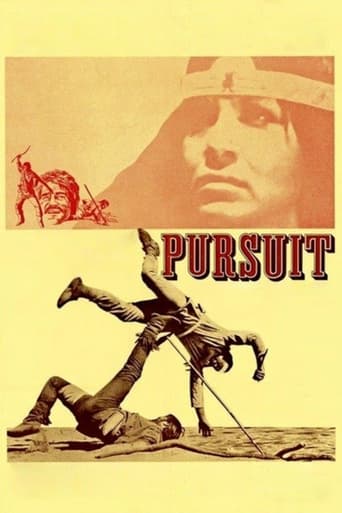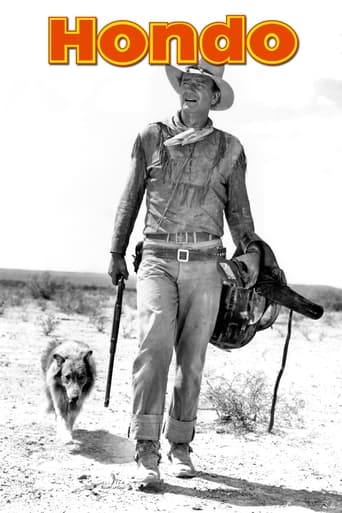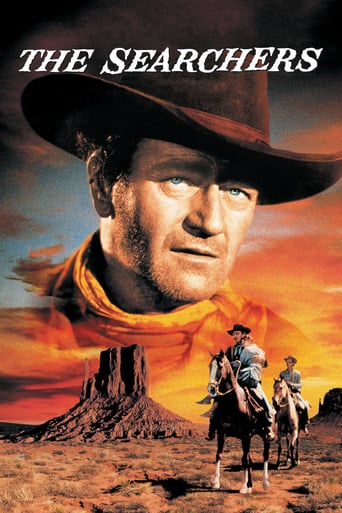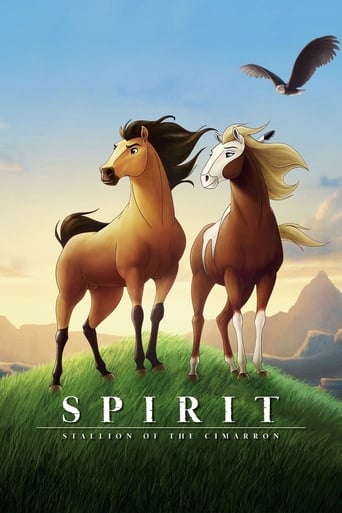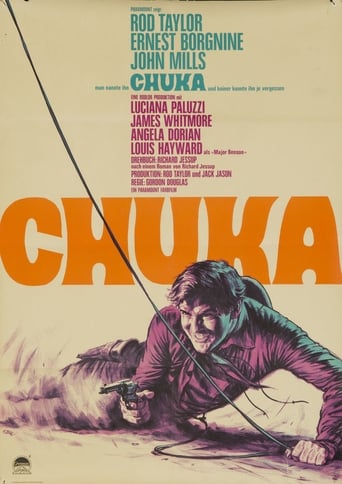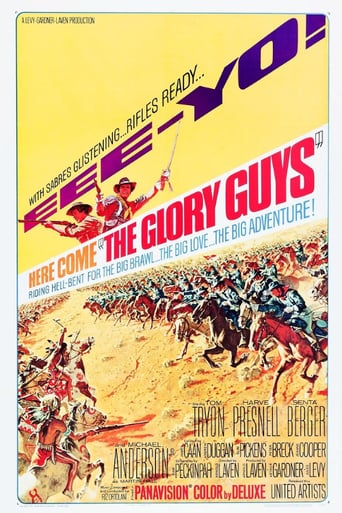They Came to Cordura (1959)
An army major, himself guilty of cowardice, is asked to recommended soldiers for the Congressional Medal of Honor during the Mexican Border Incursion of 1916.
Watch Trailer
Cast


Similar titles
Reviews
People are voting emotionally.
As Good As It Gets
This is one of the few movies I've ever seen where the whole audience broke into spontaneous, loud applause a third of the way in.
All of these films share one commonality, that being a kind of emotional center that humanizes a cast of monsters.
The Pancho Villa Expedition—officially known in the United States as the Mexican Expedition and sometimes colloquially referred to as the Punitive Expedition—was a military operation conducted by the United States Army against the paramilitary forces of Mexican revolutionary Francisco "Pancho" Villa from 1916 to 1917 during the Mexican Revolution. The expedition was launched in retaliation for Villa's attack on the town of Columbus, New Mexico, and was the most remembered event of the Border War. The expeditions had one objective: to capture Villa dead or alive and put a stop to any future forays by his paramilitary forces on American soil.After contact with the enemy, and after losing many men, five men were nominated for the Medal of Honor. Since the army needed living heroes to prepare the nation for its likely entry into WWI, Major Thomas Thorn (Gary Cooper), an awards officer, escorts the nominees, Lt. William Fowler (Tab Hunter), Sgt. John Chawk (Van Heflin), Cpl. Milo Trubee (Richard Conte), Pvt. Andrew Hetherington (Michael Callan), and Pvt. Renziehausen (Dick York), back to headquarters. This film is the story of that journey, and Thorn's exploration of the character of heroes.Adelaide Geary (Rita Hayworth), an American woman who owns the ranch where the battle was fought, is sent back with them on charge of treason for aiding Villistas against American soldiers, even though she had no choice.Although Hayworth and Cooper both gave impressive performances, Van Heflin was the standout as a brutish sergeant, especially since he was acting against type, having played decent men forced into heroism during his best-known films, Shane (1953) and 3:10 to Yuma (1957).
Not sad in the normal sense. It was too long and I did not care for any of the characters. There is always some sympathetic character, one you root for. I really did not care if they got back to Cordura. An earlier comment by bkoganbing about Gary Cooper being the wrong one for the part is so correct. Montgomery Cliff would have been better as the self-doubting one in charge. Gary Cooper has always been to me a very wooden actor and this movie did not change my mind about that. Van Heflin is good as the agitator in the movie and the rest of the actors became more well known in the 60s and did OK as the supporting cast. Rita Hayworth, well is Rita Hayworth. Not a horrible movie, if you have two hours you don't mind not getting back.
This is one of those perilous journey semi-Westerns. In 1916, Major Gary Cooper is the awards officer during the pursuit of Pancho Villa into Mexico. After witnessing two battles he recommends five men for the Congressional Medal of Honor -- enlisted men Michael Callan, Richard Conte, Van Heflin, and Dick York; and a lieutenant, Tab Hunter. The commanding officer, Robert Keith, tries to wheedle the same decoration out of Cooper but Cooper declines. The angry Keith orders Cooper to take his five heroes to the distant base at Cordura, and while he's at it he can take Rita Hayworth too. She's been harboring Villistas at her desert ranch.The merry group sets out on the forty-mile journey. It soon becomes apparent that the men aren't all that Cooper thought they were. They're jealous, vain, half loony, coarse, spiteful, self-pitying, and murderous. Even the other officer, Tab Hunter, sides with them. None of them wants the medal. The hatred of Cooper becomes more intense when they discover that during Villa's raid into Columbus, New Mexico, the major hid out in a ditch. Rita Hayworth, on the other hand, who starts out as a self-indulgent alcoholic, proves herself insightful, generous, and stalwart. With the other men refusing to help, Cooper drives himself to exhaustion and near death before the base at Cordura is sighted.The visuals are magnificent. The film was shot near St. George, in the red rock country near the four corners region of the Southwest. It's all piles of pink and gray sedimentary boulders with scattered juniper and pinion pine. When the detail comes upon an abandoned railway speeder, one of those contraptions on rails that must be operated by two men lifting and pushing down on handles, despite the gloomy tonus, one can hardly help but wish to join them on their journey through the Pinesol-scented air of someplace clean. Fascinating, too, to see what is essentially a Western played out in olive drab uniforms and .45 automatics and field caps that look as if they came straight out of an ancient Boy Scout manual.Alas, the effort is undercut by a banal and sometimes incomprehensible script. The dialog is sometimes stylized but it comes across not as poetic but as clumsy. Cooper mutters things like, "Got to go on. Can't give up." Not even Hemingway would have dared to suggest a man would drop those pronouns because he was too tired to pronounce them. There is some bloated talk about having acted "beyond the limits of human endurance." Nobody can do that. If you cross the limits of human endurance, then the limits were in the wrong place to begin with.The director, Robert Rossen, has done better work elsewhere -- "All the King's Men," for instance, or "The Hustler." At one point, after some of her cup of tequila has been used to tend a wounded and despised Richard Conte, the canteen cup is handed back to her, half full. She lifts it shoulder high before slowly and dramatically pouring it onto the sand. That gesture belongs in an Italian opera. And the acting varies from the very good indeed (Van Heflin, who manages to believably conquer his villainous lines) through the disappointing (Tab Hunter trying out his acting chops in the role of a heavy instead of a glamor boy), to the almost unbearable -- Rita Hayworth acts by the numbers, showing only rudimentary talent. She can't even play a convincing drunk. And when she is pushing the railway speeder, her idea of demonstrating fatigue is to drag the pointed toe of her trailing boot in the gravel. Anyone, no matter how played out, who has ever shoved a burden must wince at her ineptitude.The first half of the story is engrossing. The last half deteriorates, and at the ending the movie collapses entirely and just gives up. All along, the men have given reasons why they don't want the medals and why they resent Cooper enough to kill him. Not all the reasons for rejecting the decoration are plausible -- Richard Conte, for example, "don't hanker to be made no lead mule." But his character would have grabbed at the chance to make "an extra two bucks a month." At any rate, Cooper finally collapses while trying to haul the speeder single-handedly and the machine rolls backward, dragging Cooper face down through the gravel for fifty yards. The men now have the hated major at their disposal and Tab Hunter is about to administer the coup de gras. Before the trigger is pulled, the men read Cooper's formal description of his recommendations and undergo an epiphany. At the same time, Cordura is sighted just over the hill. Everyone climbs to his or her feet and marches off towards base accompanied by triumphant music.The moral is that no man is either entirely heroic or entirely cowardly. We all must overcome our tendency to think categorically. We're all a mixture of good impulses and bad impulses. Try to remember that, will you? Otherwise you expect too much of people, or too little of people, including yourself. I just spelled out in one paragraph what this movie takes an adventurous and beautiful hour and a half to tell us.
I couldn't get over the fact that a lot of this film was "Sahara" as a western. I have read some negative comments, but I don't think it was too bad. Gary Cooper was definitely too old for the part. The characters were not very real. A lot of the dialog seemed forced and out of place. I got the impression that money was available to make a movie and someone decided that Gary Cooper was a good box office draw. Like I said, it's an OK movie, it didn't look like anyone was actually directing it. A trek across the desert will always appeal to me, and most of the desert scenes were convincing. It's good enough to have on while you're doing something else, like cruising the internet or cleaning your Glock.

